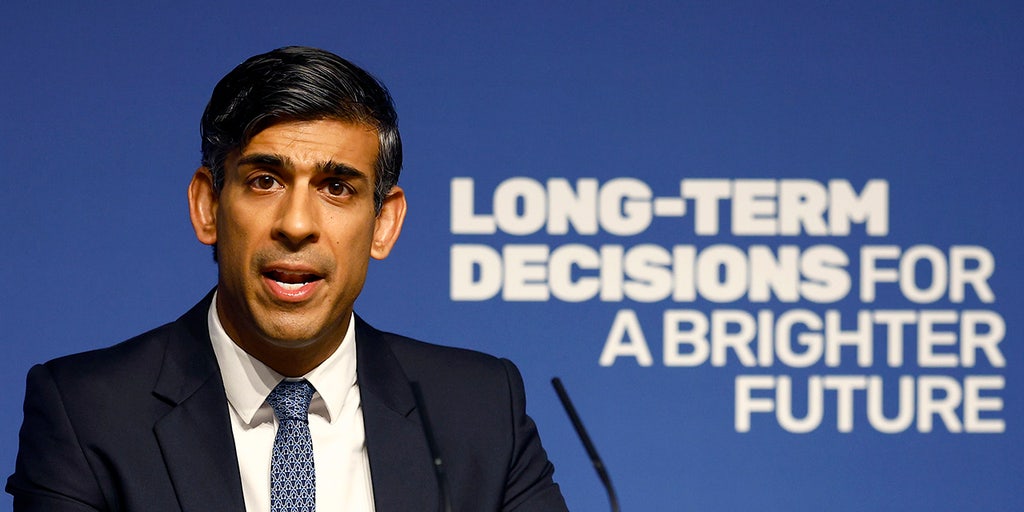Eric Schmidt, the former CEO of Google, has recently restated his advocacy for the Intergovernmental Panel on Climate Change (IPCC) to provide guidance to member nations on regulating artificial intelligence (AI).
In an article released in the Financial Times in October 2023, Schmidt proposed the establishment of an “International Panel on AI Safety,” or alternatively, an “IPCC for AI.” He envisions this AI committee as “an independent, expert-led body authorized to objectively inform governments about the current status of AI capabilities and make evidence-based forecasts.”
Schmidt emphasizes that AI policymakers require unbiased, dependable, and prompt assessments regarding the speed of advancement and the impact of AI.

A global conference on AI security, hosted by British Prime Minister Rishi Sunak in November, was attended by approximately 100 representatives from 28 countries, including Vice President Kamala Harris and executives from major U.S. AI companies.
While enhancing legislators’ comprehension of the industry could better equip them to address the potential challenges posed by AI, Schmidt’s proposal for the IPCC may have inherent flaws. A closer look at the organizational structure and history of the IPCC reveals its limitations.
WHAT IS ARTIFICIAL INTELLIGENCE (AI)?
With aspirations akin to Schmidt’s vision for AI policy guidance, the World Meteorological Organization (WMO) and the United Nations Environmental Programme (UNEP) established the IPCC in 1988.
However, criticisms have been directed towards the IPCC for its intricate author selection process that overlooks diverse perspectives, academic conflicts of interest, and shortcomings in peer review. By allowing social representatives of member nations to contribute to its final reports, the IPCC has been accused of politicizing what was intended to be purely scientific information.
The IPCC’s approach of tailoring information for policymakers has been criticized for sensationalizing data to promote alarming narratives, potentially distorting reality. Such practices could significantly impact the advancement of AI.
Schmidt, despite his expertise in AI technology and good intentions, appears to overlook the current political landscape. He suggests that due to AI’s international nature, U.S. regulations may be insufficient. While AI is indeed a global phenomenon, this might argue against, rather than for, international coordination.
BIDEN ADMINISTRATION’S AGREEMENT WITH NATIONS NOT A “SIGNIFICANT” STEP TO COUNTER NEW DIGITAL THREATS
Schmidt’s assumption of mutual trust among member countries in delegating power to an international body may not align with reality, especially considering the competitive dynamics between the U.S. and China in the AI realm. China’s aggressive pursuit of AI supremacy and energy initiatives suggest a prioritization of national interests over international cooperation.
Europe, despite being a U.S. ally, has also engaged in legal battles with American tech giants, indicating a complex relationship in the tech sector.
Schmidt’s belief in politicians’ and regulators’ ability to predict the future accurately and balance risks and benefits may be overly optimistic. The complexity and rapid evolution of AI pose challenges that cannot be effectively addressed by traditional regulatory frameworks.
In conclusion, drawing parallels between AI governance and climate leadership highlights the need for cautious and informed approaches to avoid repeating past mistakes.






